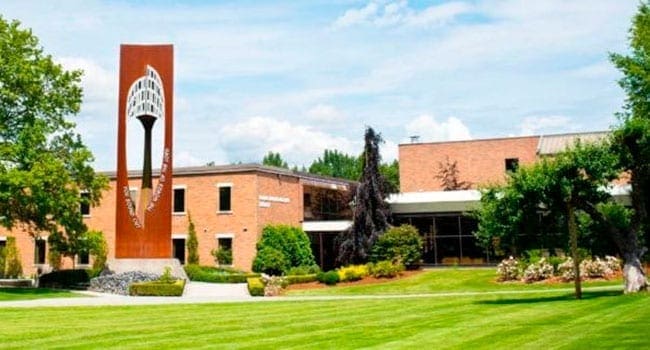 Two thousand years ago, two small religious groups fought against the prevailing sexual morality of the Roman Empire. Unlike their neighbours, who were permitted to abuse their wives, have sex with their slaves, keep concubines, patronize brothels, attend orgies and leave their unwanted babies out in the open to die, Jews and Christians behaved differently. They insisted that the only proper sexual relationship was between a married man and woman.
Two thousand years ago, two small religious groups fought against the prevailing sexual morality of the Roman Empire. Unlike their neighbours, who were permitted to abuse their wives, have sex with their slaves, keep concubines, patronize brothels, attend orgies and leave their unwanted babies out in the open to die, Jews and Christians behaved differently. They insisted that the only proper sexual relationship was between a married man and woman.
Rather than being appalled at this restriction, citizens of the Roman Empire came to regard it as a higher form of moral behaviour and adopted it as the healthiest way to conduct family life and structure society.
Lately, that ethos has been turned on its head by the Supreme Court of Canada and groups of lawyers.
The Supreme Court has decided that certain provincial bar associations are able to ban law students from Trinity Western University, a private religious institution in British Columbia, from admission to the legal profession. This is a virtual declaration that it’s not legal to establish a Christian law school in this country.
Though TCW has not graduated a single law student, the court has decided that “great harm” would occur in an imaginary future because of the university’s requirement that its faculty and students adhere to the traditional Judeo-Christian sexual morality that has underpinned western civilization for over 1,500 years.
The court and the legal trade unions have acted, they said, out of a desire to protect LGBQT students from unequal treatment, showing once again that when it comes to Canadian courts, sexual rights trump religious rights.
But these rulings have only served to muddy the constitutional waters. Four separate legal opinions were rendered by the nine justices. Two upheld TWU’s case, four said that it was no big deal to rule against TWU’s claim of religious rights, (departing Chief Justice Beverley McLachlin said it was a big deal, just not big enough) and one, rather curiously, said freedom of religion does not include the right to compel others to follow those beliefs.
Yet no one is forced to go to Trinity Western University. There are 25 law schools in the country that prepare students for the legal profession. If they’re happy to welcome adulterers, gays, masturbators, frequenters of brothels, abusers of pornoeracy or the premarital sexually active into their classes, then surely there’s space for one that requires abstinence outside the marriage bed while they are students. (Trinity Western University, naturally, makes no demands on those who have graduated and who seek admission to the bar after graduating from a law school at another university.)
This raises serious questions about the privileges that have been granted by society to certain job categories to regulate themselves. Adam Smith noted that “People of the same trade seldom meet together, even for merriment and diversion, but the conversation ends in a conspiracy against the public, or in some contrivance to raise prices.” What are law societies, medical associations, real estate councils, or colleges of naturopaths but predatory cartels if they don’t act in the public interest? And what public interest is served if believers in traditional Christian morality are forbidden to teach, practise law or run a hair salon?
The law societies of Ontario, Nova Scotia and British Columbia may be able to bar whom they like from membership, but belonging to those religiously persecuting outfits need not be a requirement to enter the legal profession.
Disestablish them all and let true diversity reign. For lawyers, passing the rigorous bar exams will be good enough and reputation will be even better security for clients.
Gerry Bowler is a Winnipeg historian and a senior fellow at the Frontier Centre for Public Policy.
The views, opinions and positions expressed by columnists and contributors are the author’s alone. They do not inherently or expressly reflect the views, opinions and/or positions of our publication.

